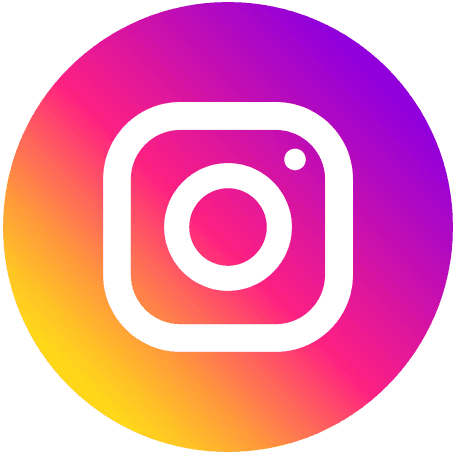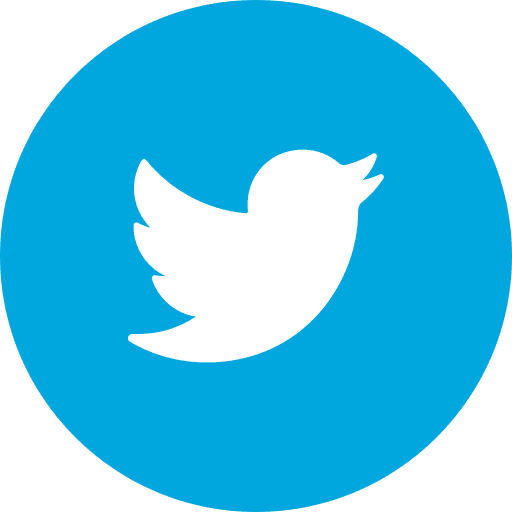How AI is Revolutionizing Fashion Influencer Marketing
Nov 27, 2024

In the fast-paced world of fashion, staying relevant and connecting with the right marketing audience is crucial. Over the past few years, influencer marketing has become one of the most effective marketing campaigns for marketing brands to reach their target audience. But what if you could make your influencer marketing strategies smarter, more targeted, and more efficient? That’s where Artificial Intelligence (AI) comes into play.
AI is revolutionizing the fashion influencer marketing industry in ways we couldn’t have imagined a decade ago. It’s no longer just about automating tasks-AI has become a strategic partner, helping marketing brands make better decisions when it comes to marketing and influencers. In this blog, we’ll take a closer look at how AI is transforming influencer marketing for fashion brands, making it more personalized, relevant, and impactful.
Finding the Right Influencers: More Than Just Popularity
Traditionally, finding influencers for your brand was often about picking someone with a large following, assuming their reach would translate into sales. However, AI helps fashion brands go beyond follower count. AI tools analyze vast amounts of data to identify influencers for marketing who align with a brand’s values, aesthetics, and target audience.
For example, AI can help determine which fashion influencers are most likely to resonate with a specific demographic based on their engagement rates, content style, and audience sentiment. Instead of choosing influencers solely for their popularity, fashion brands can now partner with those who have the right kind of influence—whether that’s through engagement, niche content, or shared values. AI-powered localization tools can even help tailor influencer marketing campaigns to different regional preferences, making global outreach more effective.
Content Personalization: Tailoring the Message
In influencer marketing, the authenticity of the message is everything. Consumers are increasingly looking for personalized content that speaks directly to their needs, desires, and lifestyles. AI plays a key role in personalizing the content that influencers share with their followers.
AI-powered tools can analyze consumer behavior, preferences, and purchase history to suggest the best products for influencers to promote. This can result in more authentic recommendations, as the influencer can showcase products that genuinely align with their personal style and their followers’ interests. For instance, if a fashion influencer frequently promotes eco-friendly clothing, AI can identify similar sustainable brands that would resonate with both the influencer and their audience.
With AI-generated fashion models and virtual fashion imagery, influencers can also create more diverse and inclusive content that appeals to a broader audience, ensuring the message feels authentic across various cultures and demographics.
Optimizing Campaigns with Data-Driven Insights
One of the biggest advantages of AI in influencer marketing is its ability to track and analyze data in real time. Fashion brands can use AI tools to monitor the performance of brand marketing campaigns, identify trends, and optimize strategies for better results.
AI can track key metrics like engagement rates, conversion rates, and audience sentiment, providing brands with valuable insights into what’s working and what’s not. If a particular influencer’s post is generating a lot of positive comments or driving significant traffic to a website, AI can flag this as a success and suggest ways to replicate it in future campaigns. On the flip side, if a campaign isn’t performing as expected, AI can help brands tweak their marketing approach—whether it’s adjusting the content, changing the influencer, or re-targeting a different audience.
The ability to make data-driven decisions ensures that fashion brands are always refining their influencer marketing strategies, creating more impactful campaigns with every iteration.
Predictive Analytics: Knowing What Will Work Before It Happens
Imagine being able to predict which influencer partnerships will drive sales or which styles will become the next big trend in fashion. While it may sound like something out of a science fiction movie, AI can actually help brands do just that.
Predictive analytics is a branch of AI that uses historical data to forecast future trends and behaviors. In the context of influencer marketing, AI can analyze patterns in consumer behavior, social media trends, and past campaigns to predict which AI influencers will resonate with a brand’s target market. This allows fashion brands to make more informed decisions about which influencers to partner with, maximizing the potential of their campaigns.
For example, if AI identifies an emerging trend in minimalist fashion, it could suggest influencers for marketing who are already gaining traction in that space, helping brands tap into a trend before it becomes mainstream.
AI-Driven Visual Content Creation
Fashion is inherently visual, and the power of great imagery cannot be underestimated in influencer marketing. AI is changing the way fashion brands approach visual content creation by providing tools that help generate and curate images, videos, and graphics more effectively.
Some AI tools are capable of analyzing the visual content influencers are sharing to identify patterns in aesthetics, color schemes, and styling preferences. Fashion brands can use this data to guide the creative direction of their campaigns, ensuring that the content they produce aligns with what resonates most with their audience. AI can also generate mockups or suggest visual changes to enhance the appeal of a campaign.
Additionally, AI-generated fashion models and virtual fashion models allow brands to create dynamic, high-quality imagery without the need for traditional photoshoots, helping reduce costs and time.
Enhancing Customer Experience with AI Chatbots
Another way AI is transforming influencer marketing in fashion is through the integration of AI-driven chatbots. These chatbots can work hand-in-hand with influencer campaigns to provide real-time, personalized customer service.
For instance, if an AI influencer promotes a new clothing line, a chatbot could engage with potential customers who click on the influencer’s link. It can answer questions about sizing, availability, and product details, creating a seamless experience from the moment a customer becomes interested in a product to the point of purchase. This not only improves customer satisfaction but also drives conversions, as consumers can get immediate answers without needing to leave the page or wait for an email response.
Better Targeting with AI-Powered Advertising
After an influencer shares a post, the next challenge is ensuring it reaches the right people. AI is making this process much more efficient by helping fashion brands target ads more precisely. AI algorithms analyze user behavior, interests, and demographics to serve ads that are most likely to resonate with potential customers.
For example, if a fashion influencer promotes a new dress line, AI can track which users have shown interest in similar products or have engaged with related content. It can then serve targeted ads to those users, increasing the likelihood of conversion. This level of precision allows fashion brands to make the most of their influencer collaborations, amplifying the reach of their campaigns while ensuring they are hitting the right audience.
Ensuring Authenticity and Combatting Fake Followers
One of the challenges in influencer marketing has been the prevalence of fake followers and bots. AI is helping fashion brands tackle this issue by identifying influencers with fake or inactive followers. AI tools can analyze an influencer’s follower base to spot irregularities and ensure that the influencer’s audience is genuine.
By using AI to filter out influencers with fake followers, fashion brands can ensure that their campaigns are reaching real people, which leads to higher engagement rates and better ROI. This improves the overall effectiveness of influencer marketing, helping brands build trust with their audience.
Final Thoughts
AI is no longer a futuristic concept—it’s a reality that’s reshaping how marketing brands approach influencer marketing. By leveraging AI’s power to find influencers for your brand, personalize content, optimize campaigns, and enhance customer experiences, brands can create more relevant and impactful marketing strategies. With the rise of AI influencers and AI fashion model generators, the industry is also exploring new ways to create cost-effective and dynamic visuals.
In a world where consumer preferences are constantly changing, AI offers fashion brands a competitive edge, enabling them to stay ahead of trends and deliver brand marketing campaigns that truly resonate with their audience. The result? More authentic connections, higher engagement, and ultimately, increased sales.
From finding influencers to optimizing artificial intelligence content creation, AI is the future of fashion influencer marketing.
Would you consider integrating AI influencers into your next campaign?











